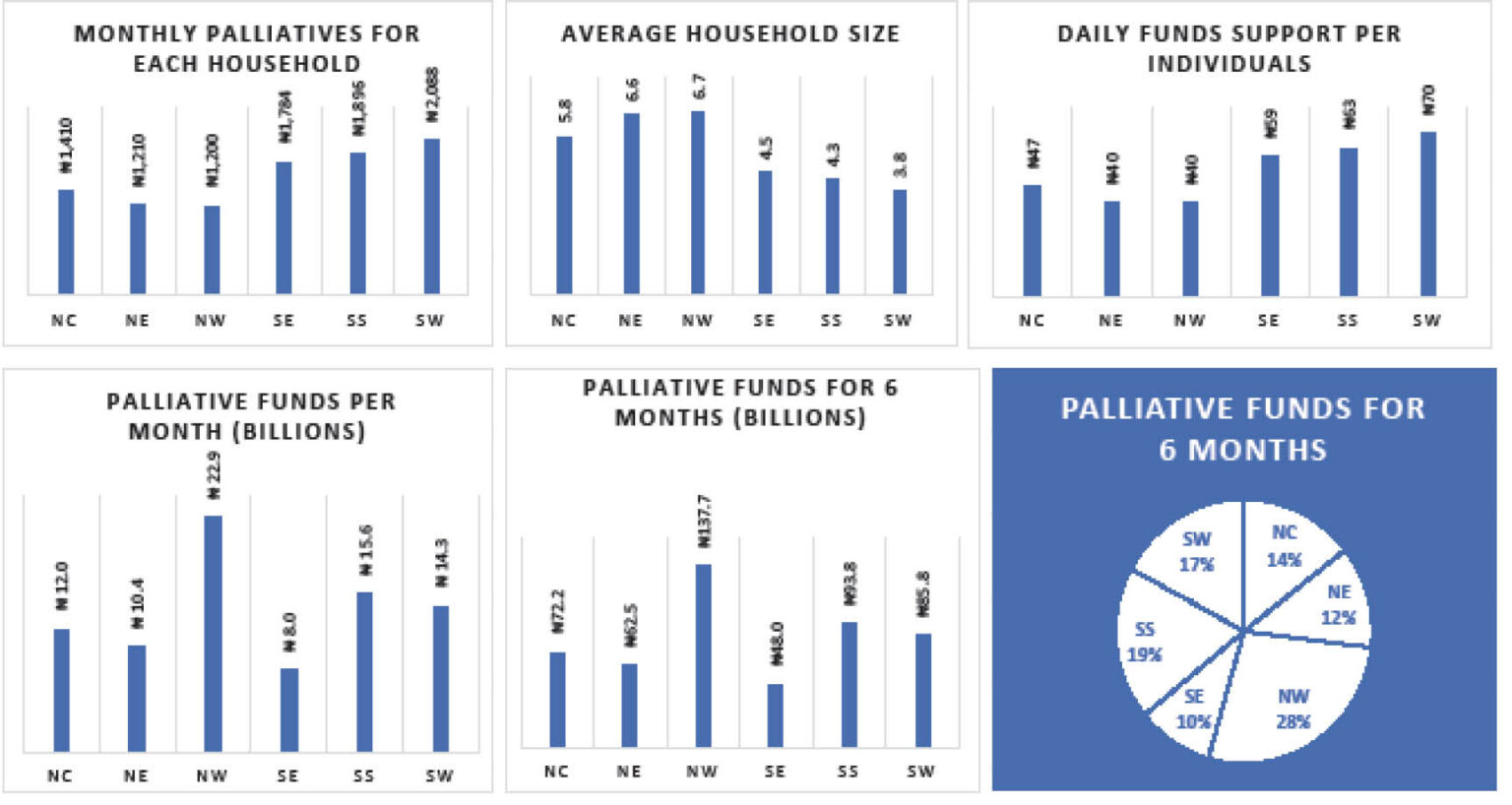The federal government has decided to disburse palliative support to 12 million households following the removal of fuel subsidy.
As it prepares to begin the implementation, the significance of getting it right becomes paramount, for once the funds are distributed, it becomes a formidable task to challenge or persuade the government to reconsider its approach.
What was approved
The National Assembly approved N819.5 billion for the 2023 Supplementary Budget with significant allocations for different sectors. The budget set aside N500 billion as the provision for fuel subsidy removal to Nigerians, the Ministry of Works and Housing is allocated N185.2 billion, the Ministry of Agriculture will receive N19.2 billion, the National Judicial Council is allocated N35 billion, FCTA projects will receive N10 billion, and the New National Assembly members, about 469 of them, will share N70 billion. The lack of consideration for civil servants raises concerns about fairness.
- Jealous house wife pours hot water on husband’s ‘concubine’ in Ondo
- Time for North Central to assert political, economic relevance — Gov Sule
Fairness in Distribution
Achieving balanced economic development necessitates prioritising fair distribution, as it lays the foundation for an equitable and prosperous economic landscape. To address existing disparities, it becomes crucial to establish an accurate sharing formula that ensures fairness when allocating funds to each state. By implementing such a transparent and equitable process, the government can demonstrate its commitment to good governance and promote a system that benefits all stakeholders. This approach will help foster trust, promote inclusivity, and contribute to a more balanced development.

